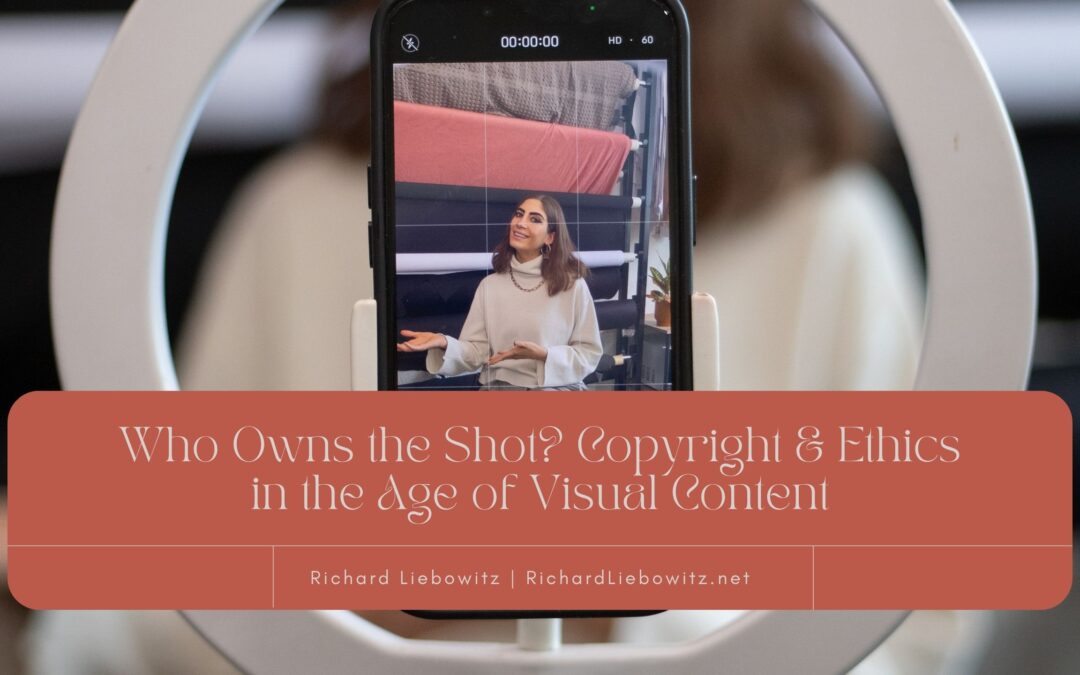In a world where everyone is a content creator, the line between inspiration and infringement is blurrier than ever. Whether you’re a professional photographer or a brand repurposing imagery for Instagram, one question matters: who owns the photo?
The short answer: the photographer—unless they’ve transferred those rights.
Let’s break it down.
Understanding Copyright in Photography
From the moment a photo is taken, copyright is automatically assigned to the person who took it. Not the person in the image, not the editor, and not the platform it’s uploaded to. That original photo is the intellectual property of the creator.
Model Releases vs. Ownership
Even if someone signs a model release giving you permission to use their likeness, that doesn’t make you the owner of the image. You can publish or promote it, but you don’t hold the copyright unless it’s formally transferred.
Social Media: Sharing vs. Stealing
Reposting someone’s photo without permission—even with credit—can be a copyright violation. Platforms like Instagram do not override ownership; they only provide licenses for hosting, not usage rights for others.
Commercial Use & Licensing
If you plan to use a photo in an ad, a book, or even a business presentation, make sure you’ve secured the proper license. Stock sites exist for this reason, but even free sites like Unsplash often have limits.
Legal Trends to Watch
Lawsuits for unlicensed image use are rising, especially from companies using AI to crawl the web for copyright violations. A $500 mistake can turn into a $5,000 settlement.
Best Practices
- Always ask for permission and clarify usage rights.
- Use contracts or licenses—don’t rely on casual emails.
- Keep records of who took the photo and when.
- If in doubt, don’t post.
In the age of digital virality, protecting your work—and respecting others’—isn’t just ethical, it’s essential.

